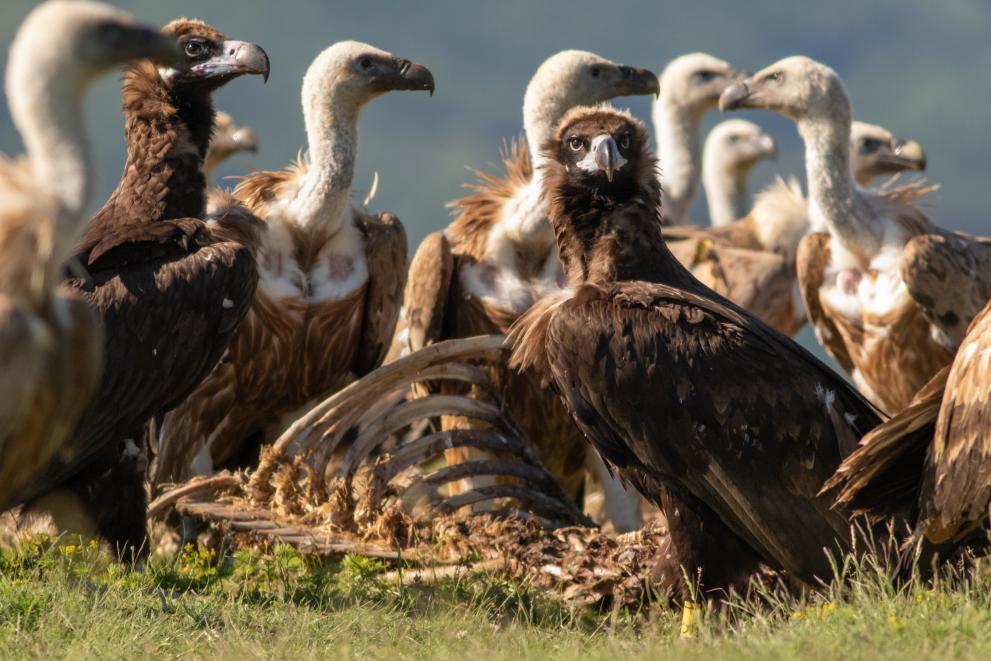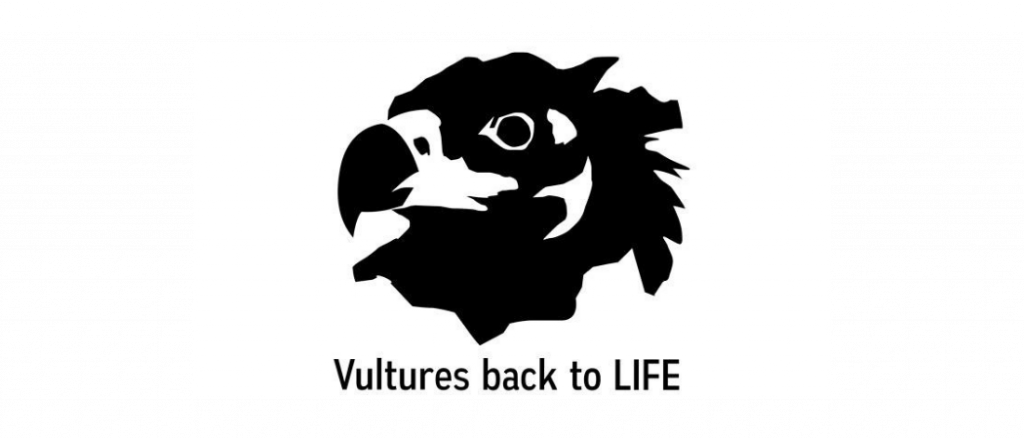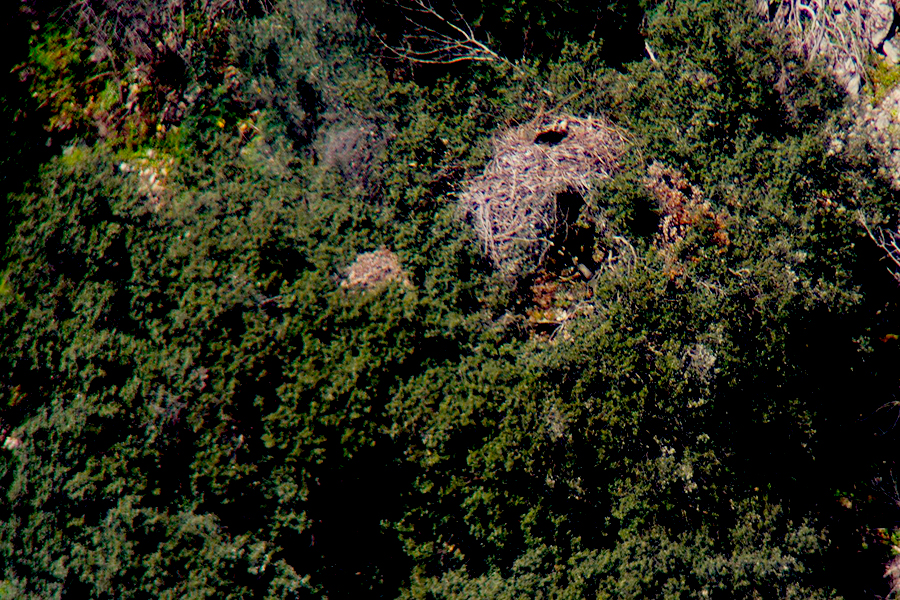The European Commission recently announced the finalists of the 6th edition of the Natura 2000 awards 2022. We are proud that the Vultures Back to LIFE project is one of them in the category of conservation on land. Thanks to years of reintroduction efforts, iconic vulture species are now restored in Natura 2000 sites in Bulgaria. You can help the Vultures Back to LIFE project win the Natura 2000 Citizen’s Award by casting your vote.
Restoring vulture populations in Bulgaria
Until 2010, the Griffon Vulture was only breeding in the southeast corner of Bulgaria, while the Cinereous Vulture has been extinct for many years. Both species suffered from human persecution, wildlife poisoning and habitat deterioration, among other threats.
Local and international organizations have been working to restore their populations in the country for over a decade. These partners have been implementing a long-term reintroduction programme as part of a series of projects funded by the EU’s LIFE Programme. At the same time, they also implemented anti-poisoning activities, facilitated nesting conditions, minimized the threat of electrocution and raised public awareness.

Main achievements of the Vultures Back to LIFE project
The long-term and targeted conservation actions helped create the innovative concept of “Vulture Safe Areas”. These safe areas enable the entire population of Griffon Vultures and Cinereous Vultures to move more securely in the Balkan Peninsula. Furthermore, the project partners successfully restored both species in the Vrachanski Balkan, Kotlenska Planina, Sinite Kamani-Grebenets and Kresna Natura 2000 sites in Bulgaria, where they had been locally extinct for decades.
In addition, the conservation projects established 11 new colonies of the Griffon Vulture, doubled the species’ range in the country to 10 500 km2, and increased the number of breeding pairs by 50%. Today, the national Griffon Vulture population exceeds 150 breeding pairs and is considered sustainable. The partnership also restored the Cinereous Vulture as a breeding species in the country in 2021, 36 years after it was declared extinct in Bulgaria.
Furthermore, the conservation activities generated over 30 permanent and 50 temporary jobs and developed opportunities for local ecotourism activities related to vultures.
About the European Commission’s Natura 2000 Award

The Natura 2000 awards are a pan-European initiative that recognizes excellence in managing Natura 2000 sites and conservation achievements, showcasing the added value for local communities and economies.
This year, 40 candidates applied in the following categories: conservation on land, cross-border cooperation, marine conservation, communication, socio-economic benefits, and the Citizens’ Award. Of those, 21 are finalists, with projects and organizations from Austria, Bulgaria, Croatia, Estonia, France, Germany, Greece, Italy, Latvia, Portugal, Romania, Slovenia and Spain.
An independent expert jury identified the Vultures Back to LIFE as one of the best in Europe, which is a significant recognition of the partnership’s conservation efforts.
You can discover the finalists of this year’s Natura 2000 Award and vote by 27 April 2022 for your favourite. The finalist with the most votes will receive the Citizens’ Award.
If you would like to support our vulture conservation efforts, please cast your vote for the Vultures Back to LIFE project: https://n2000citizenaward.eu/22021
The Vultures Back to LIFE project

Led by Green Balkans in collaboration with the Fund for Wild Flora and Fauna, Vulture Conservation Foundation, Junta de Extremadura and Euronatur, the Vultures Back to LIFE project aims to reintroduce the Cinereous or Eurasian Black Vulture to Bulgaria. The team will transfer and release into the wild around 60 birds, some coming from captive-breeding backgrounds but mostly from Spanish wildlife rehabilitation centres. The project will also create supplementary feeding stations, increase populations of wild herbivores, improve nesting conditions and tackle some of the major threats to support the return of the species.

Sources: Natura 2000 Awards



